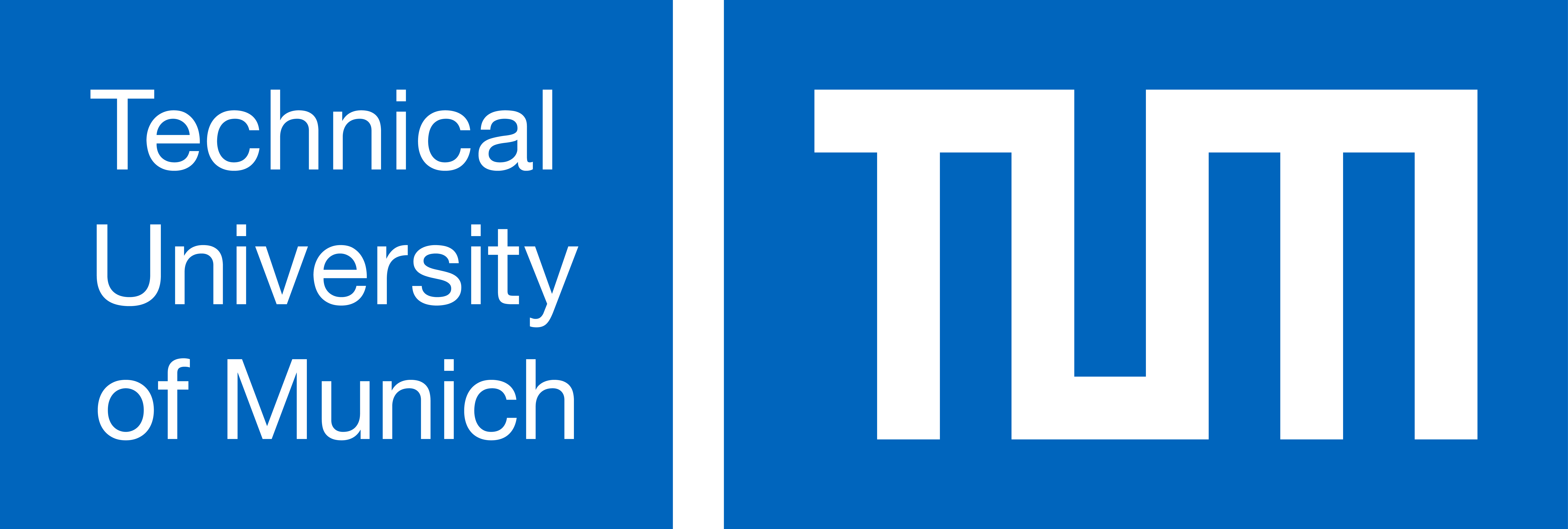About this course
- Introduction - Artificial Intelligence: What is Intelligence? What is Artificial Intelligence? Historic Overview, Methods, and Applications in Automotive Technology.
- Supervised Learning - Regression: Linear Models, Loss Functions, Regularization, and Validation.
- Supervised Learning - Classification: Logistic Regression, K-Nearest Neighbors, and Support Vector Machines.
- Unsupervised Learning - Clustering: Hierarchical Clustering, K-Means, and DBSCAN
- Introduction - Artificial Neural Networks: Artificial neurons, Gradient Descent, and Multilayer Networks.
- Deep Neural Networks: Backpropagation, Activation Functions, and Fully Connected Layer.
- Convolutional Neural Networks: Introduction, Pooling, and Applications.
- Knowledge Graphs: Graph Search, Node Embedding, and Graph Neural Networks.
- Recurrent Neural Networks: Sequential Data, Time Dependencies, and LSTMs.
- Transformer: The Attention Mechanism, Transformer Components, and Applications.
- Reinforcement Learning: Markov Processes, Action Value Function, and Q-Learning.
- AI-Development: Data Preparation, Model Selection, Hardware, Training, and Inference.
Learning outcomes
After participation in the module, students will have a comprehensive overview of the methods of artificial intelligence and machine learning in automotive technology. In particular, students are able to
- Remember and understand the categories of artificial intelligence
- Apply appropriate machine learning methods to various problems, implement them in code, and evaluate their results
- Understand the fundamental elements of neural networks, apply them to learning problems, and evaluate their results
- Remember and understand different neural network types, analyze their suitability for a specific problem, and apply them to current problems in automotive technology
Examination
The module examination is a written exam (duration 90 min, permitted items: non-programmable calculator, dictionary for non-native speakers). This exam uses knowledge questions, comprehension questions and calculation tasks to test whether students can, for example, remember and understand the categories of artificial intelligence, apply appropriate machine learning methods to various problems, implement them in code, and evaluate their results, understand the fundamental elements of neural networks, apply them to learning problems, and evaluate their results, remember and understand different neural network types, analyze their suitability for a specific problem, and apply them to current problems in automotive technology.
Course requirements
- Foundations of Autonomous Vehicles [ED150017]
- Basic Python programming is necessary for understanding the code examples and exercise. We recommend an online course for Python e.g., at Codeacademy
Resources
- - Christopher M. Bishop Neural Networks for Pattern Recognition, 1995 - Tom M. Mitchell, Machine Learning, 1997 - Christopher M. Bishop, Pattern Recognition and Machine Learning, 2007 - David Barber, Bayesian Reasoning and Machine Learning, 2012 - Michael Nielsen Neural Networks and Deep Learning, 2014
Activities
The module consists of a lecture and an exercise. While the lecture presents the theoretical foundations, the exercise focuses on the transfer of knowledge towards practical applications and scientific problems. In the lecture, the teaching content is conveyed by means of lecture and presentation. In the process, more complex issues are derived and illustrated. Explicit questions are posed that expect a transfer performance from the students and in which the students are given the opportunity to speak up and discuss a possible solution. In this way, the challenging tasks of artificial intelligence are to be deepened and the transfer of knowledge is to be achieved. In the exercise, problem-solving skills and practical applications are facilitated. Therefore, calculation and coding examples are given to enable students to analyze, evaluate, and apply knowledge to theoretical and practical problems. Moreover, homework are provided to evaluate and apply learned knowledge as well as discuss solutions in the provided forum. Office hours are available for answering questions on individual lectures, practice sessions, and homework, which can be attended in person or online.
Additional information
- More infoCourse page on website of Technical University of Munich
- Contact a coordinator
- About studying within the Euroteq alliancehttps://euroteq.eurotech-universities.eu/initiatives/building-a-european-campus/course-catalogue/
- LevelMaster
- Contact hours per week1.5
- InstructorsMarkus Lienkamp
